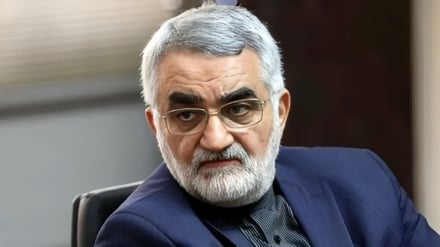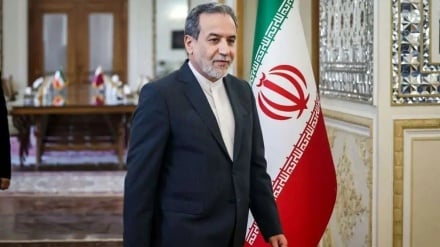Why are the British afraid the name of Rais Ali Delvari, the Iranian commander? + Photos
-
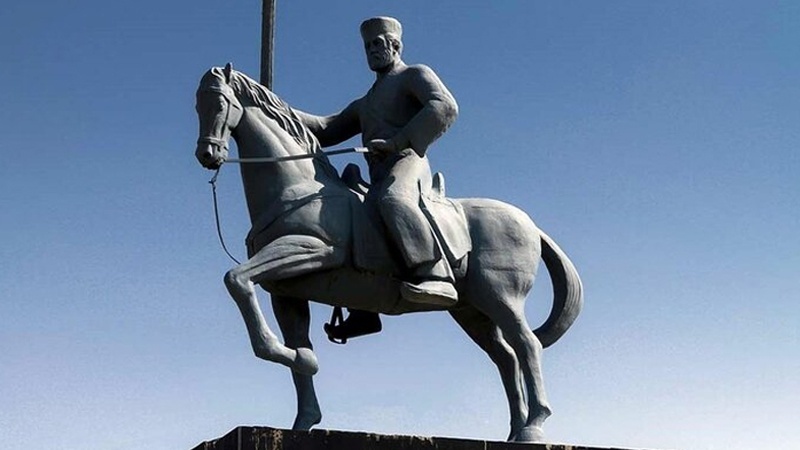
The statue of Rais Ali Delvari, a symbol of resistance against British colonialism in Iran
Pars Today – September 3 marks the anniversary of the martyrdom of Rais Ali Delvari, the brave Iranian and anti-colonial commander. In the Iranian calendar, this day is also observed as the National Day of Resistance Against British Colonialism.
Every year, September 3 serves as a reminder of the bravery and heroism of Rais Ali Delvari, the renowned commander from southern Iran, who, in the early days of World War I, challenged the expansionist plans of the British colonial empire in southern Iran through his heroic uprising, creating a remarkable chapter in history. According to Pars Today, Rais Ali Delvari was one of thousands of notable Iranians who, during World War I, led the people of southern Iran in the Tangestan and Bushehr regions against British forces. Through his dedication and leadership, he played a pivotal role in defending Iran and defeating the British troops.
This Iranian fighter was born in 1882 in the village of Delvar, part of Tangestan in southern Iran. During the turbulent years of foreign invasions, Rais Ali Delvari, though only 25 years old, united the brave men of Tangestan and, through remarkable resistance, prevented the British from occupying these regions. His struggles were not only military in nature but also carried cultural and national significance, strengthening the spirit of resistance and the desire for freedom throughout Iran.
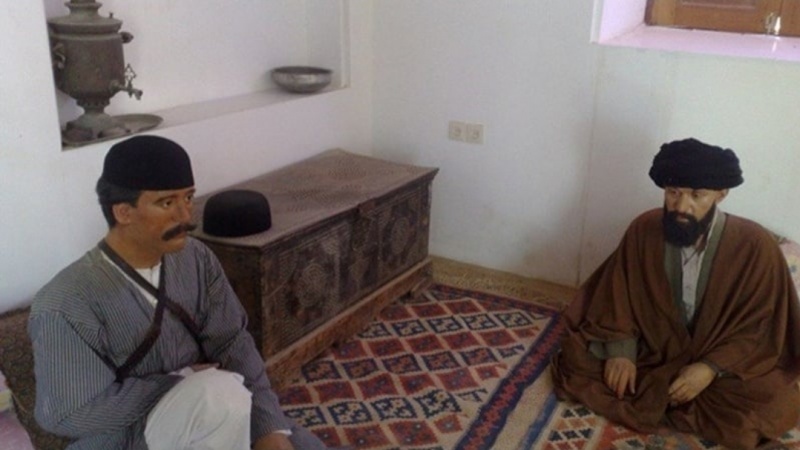
The uprising of the people of Tangestan under his leadership lasted for seven years. During this period, the Tangestani fighters pursued two main objectives: protecting Bushehr, Dashtestan, and Tangestan as their homeland, and preventing foreign forces from advancing into Iranian territory while defending the country’s independence.
In 1914, at the outset of World War I, with Iran’s neutrality violated by Russian forces in the north and British forces in the south, the country faced an invasion. As a result, British warships anchored off Bushehr, and the occupying forces gradually aimed to seize Bushehr and the surrounding coastal areas.
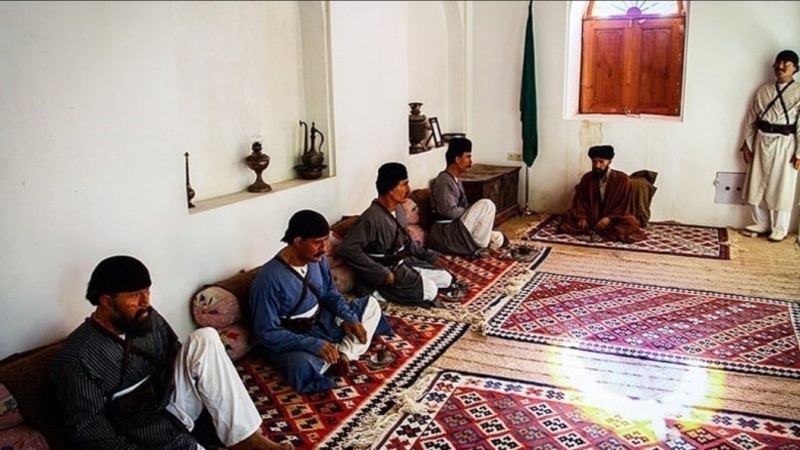
One day after the occupation of Bushehr, 14 local residents protested against the occupiers. However, since they were not experienced in armed combat, they were arrested and exiled to India. Seeking guidance from religious scholars, Rais Ali Delvari, along with his friend Khalu Hossein Bardkhuni Dashti, announced in early Ramadan 1333 AH (1915 CE) their readiness to defend Bushehr and prevent the advance of British forces. Through their leadership and bravery, they successfully defeated the occupiers.
This oath, taken by Rais Ali Delvari, has remained in the memory of the world:
"O Word of God (the Quran), bear witness to my words. I swear to You that if the British attempt to seize Bushehr and violate the soil of my homeland, I will rise in defense and will not cease fighting against them until my last drop of blood is shed. If I act otherwise, let me be counted among those who deny You and are unfaithful to You, and may God and His Messenger (Prophet Muhammad, peace be upon him) turn away from me."
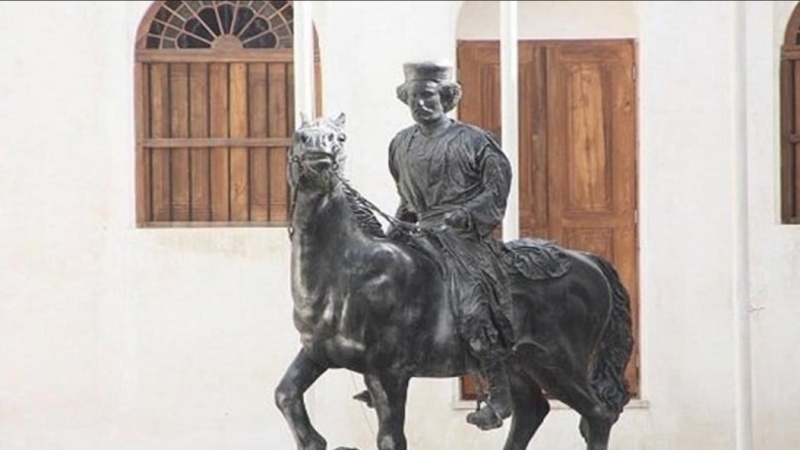
This freedom fighter was ultimately martyred on September 3, while defending the honor and independence of Iran. The anniversary of Rais Ali Delvari’s martyrdom is commemorated in Iran as the “National Day of Resistance Against British Colonialism.” This day serves as a reminder of the importance of honoring the struggles of martyrs for independence and Iran’s steadfastness against foreign interference.
Mr. “Chick,” an agent of the British Secret Intelligence Service in Iran and Bushehr, writes in his memoirs under the entry for Thursday, June 5, 1915:
“Rais Ali is an astonishing figure; they say he is our sworn enemy.”
